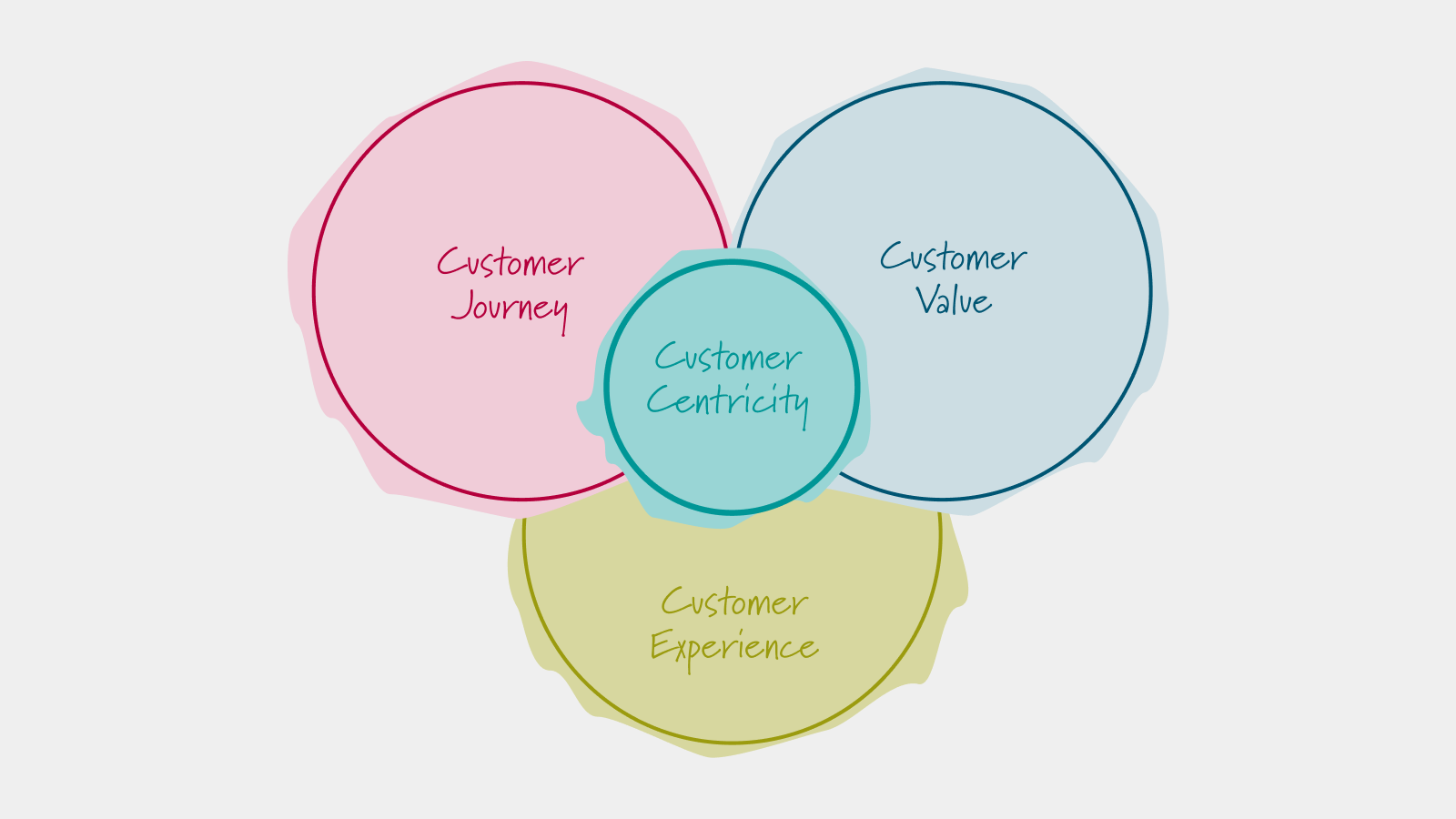
Book a Complexity Exploration Lab
Build a computational model of your system
Exploring Complex Enterprise Ecosystems
Organizations are drowning in data generated by customers, employees and “things”.
But what is that data telling us?
Machine learning approaches are fantastic at helping us learn from data – but often they do not tell us anything about the underlying causality, about the "why" behind the data.
And while machine learning approaches can help us learn from data and make predictions based on the data, they can only do this based on historical data – thus they are not always helpful in exploring the unknown, such as the effect of new business ideas and market strategies.
The Idea of The Complexity Exploration Lab
The goal of our Complexity Exploration Lab is to build a causal simulation model of your enterprise and its ecosystem, taking a "complex systems approach".
Not only qualitatively, but also quantitatively, i.e. a model that can explain why your data is the way it is.
Collaboratively with your experts, in the context of an intensive workshop lasting several days.
This succeeds because we bring your experts together with our computational modeling experts and jointly develop an enterprise digital twin of your enterprise and its ecosystem.
And once you have such a model, you can explore "What if" scenarios to test new ideas, policies and designs in a "risk-free" environment.
The Approach
In the run-up to the Complexity Exploration Lab, we narrow down the topic so that we can prepare well:
- What topics do we want to highlight together - your enterprise and its ecosystem at a high level of abstraction, or particular parts of it in more detail?
- Which aspects of your current situation are most critical?
- Which figures, data and facts are already available?
Based on this information and our extensive simulation library, we create a first, very rough simulation - as a starting point for the lab session.
In the business prototyping lab itself, all participants can contribute their knowledge from the beginning and develop creatively - we use interactive brainstorming software for this purpose. First, we make the challenge more concrete to develop a common understanding of the situation:
- Customers and markets
- Products and services
- Resources and capabilities
- Organizational structures and processes
- Business partners and suppliers
- Technological drivers
- Financing
We then sketch out the essential aspects of your situation using simple diagrams.
In parallel, our experts begin to develop a suitable simulation.
Due to the preparation, this goes surprisingly fast.
The goal in this step is to develop an understanding of the dynamics of your enterprise and to quantify it.
As soon as the first version of the simulation is ready, we evaluate the results together and iteratively develop the simulation further. In this way, all participants gain a deep understanding of the enterprise and the framework conditions that are necessary for a successful implementation.
The Result
The immediate result of the Complexity Exploration Lab is a summary of the session and a first evaluation of the computational modeling results.
In the post-processing of the Complexity Exploration Lab, we fine-tune any remaining rough edges of the simulation and provide you with an executable version of the simulation. In our experience, this is an excellent tool for internal communication and discussion and can serve as a basis for further interactive experiments.
Added Value For You
The Complexity Exploration Lab offers you the following added value:
- Exciting, entertaining and intensive work on business-critical topics: Cross-divisional.
- A common understanding of your situation, among all participants, both qualitatively and quantitatively.
- Systematic analysis of "what if" scenarios.
- Excellent basis to initiate change processes.
- Clear results that can be used for further internal discussion.
- Participants learn new tools and methods: collaborative modeling with modern brainstorming software, visual modeling, simulation with System Dynamics models and agent-based models.
Of course, we will tailor the Computational Modeling Lab to your needs - just contact us via the chatbox or send an e-mail to oliver.grasl@transentis.com.
Workshops
Resources
All Rights Reserved.


